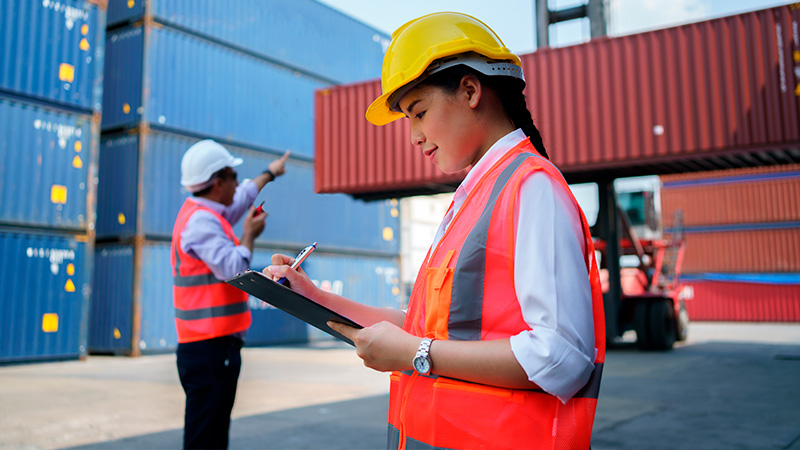The international trade environment is evolving rapidly, and the new U.S. tariffs announced for 2025 represent a major challenge for Mexican companies that import or export goods.
Poor management of Customs Compliance can lead to fines, suspensions, or even the loss of key markets.
What Does Customs Compliance Mean Today?
Customs Compliance refers to the correct application of tax, customs, origin, and foreign trade regulations in all import and export operations.
Main areas covered:
- Correct tariff classification
- Customs valuation aligned with current rules
- Valid certificates of origin
- Compliance with non-tariff regulations (NOMs, permits, restrictions)
- Accurate declarations in customs entries
- Maintaining proper supporting documentation
Learn how expert guidance strengthens your Customs Compliance
Impact of the New U.S. Tariffs for 2025
In 2025, the United States announced new tariffs of up to 25% on products such as:
- Aluminum
- Steel
- Electronic equipment
- Automotive components
- Medical devices
Mexico, as a priority trade partner, is only partially affected. However, not all goods are exempt, and compliance errors can significantly increase operational costs.
According to U.S. Customs and Border Protection, customs audits increased 25% in 2024 for importers/exporters that failed to demonstrate full compliance.
Effective Customs Compliance Strategies for New Tariffs
1. Updated Tariff Classification Analysis
- Verify whether your product’s tariff code has changed.
- Consult specialists if reclassification is required.
- Avoid unnecessary payments or fines caused by incorrect declarations.
Check if your goods are at risk with expert advisory support
2. Leveraging Free Trade Agreements
- Confirm your product’s origin to apply trade preferences (USMCA, CPTPP, Pacific Alliance).
- Ensure that certificates of origin are valid.
- Audit suppliers to prevent hidden compliance risks.
3. Review of Customs Valuation
- Adjust customs value considering royalties, transportation, insurance, and related costs.
- Prevent discrepancies that may trigger tax increases or rejected customs entries.
Tip:
In 2024, the most frequent audit penalties were due to declaring a value lower than the actual one (Source: SAT).
4. Implementation of Secure Foreign Trade Programs
Programs such as IMMEX, PROSEC, Drawback, or OEA Certification can significantly reduce fiscal impact when used strategically.
Learn how EO Consulting optimizes foreign trade programs
5. Continuous Training for Foreign Trade Teams
- Keep your team updated on customs regulations and global trade trends.
- Investing in training helps avoid mistakes that may cost millions.

Sectors Affected by New 2025 Tariffs
| Sector | Product | 2025 Tariff |
|---|---|---|
| Aluminum | Non-alloy aluminum products | 15% |
| Automotive | Electronic components | 25% |
| Medical | Select medical devices | 10% |
| Electronic | Telecommunications equipment | 20% |
Consequences of Not Updating Your Customs Compliance Strategy
- Unexpected increases in operational costs
- Administrative or tax penalties
- Cargo detention at the border
- Risk of suspension of IMMEX or PROSEC programs
- Loss of international clients due to contract non-compliance
Adapting to the new U.S. tariffs requires immediate updates to your Customs Compliance strategy.
Companies that take proactive action strengthen profitability and reinforce their international position.
Want to protect your customs operations and avoid hidden risks?
Schedule a free consultation with the experts at EO Consulting here
 Blvd. Capitán Carlos Camacho Espíritu 725, Prados Agua Azul, 72430 Heroica Puebla de Zaragoza, Pue.
Blvd. Capitán Carlos Camacho Espíritu 725, Prados Agua Azul, 72430 Heroica Puebla de Zaragoza, Pue.


